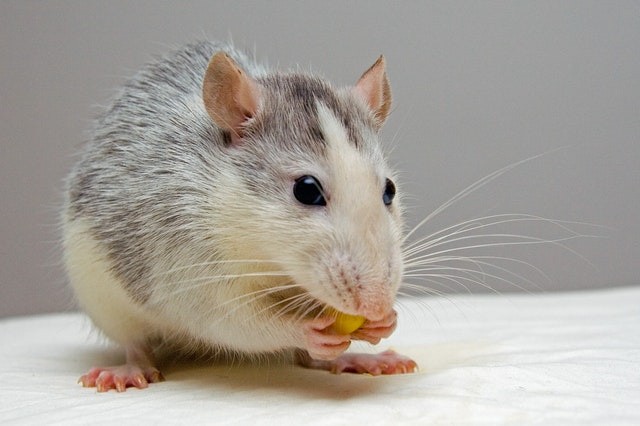Drug clearance no longer requires animal testing. But there have yet to be any high-tech alternatives. Just before Christmas, Congress repealed the rule requiring all new medications to be tested in two species first, often mice and a "higher order" animals like rabbits or primates.
The ban will take effect after some time. There still needs to be more research instruments and computer algorithms created during the last 10 to 15 years. Regulators also won't suddenly abandon their tried-and-true method for demonstrating efficacy and safety.

Removed by Congress
According to USA Today, Congress removed the need for all new medications to undergo animal testing in the latter part of last year. Although the rule represents a victory for animal rights campaigners, what will take the place of mice, rabbits, and primates?
The phrases "lab rat" and "guinea pig" have long been connected to scientific study. Drug approval has historically been needed and continues to require animal testing.
However, the bill, known formally as the FDA Modernization Act 2.0, is the result of 40 years of campaigning by animal rights advocates and represents a victory in a scientific study on human cells and technology.
Technology is Past Animal Tasting
According to Benjamin Freedman, a bioengineer at the University of Washington School of Medicine, "there's sort of a period right now when the technology has progressed enough, and the understanding has also developed enough to make this conceivable."
Animal studies ensure that medicine can work and is not very hazardous, but they are not infallible. Approximately 90% of medications that have been shown safe and efficacious in animals fail to function as intended in humans. Drugs that seem harmless in animal research can turn out not to be.
According to Kathy Guillermo, senior vice president of the People for the Ethical Treatment of Animals, which has long opposed animal research, "the failure of the existing system that depends on the use of animals for the initial testing phase is an open secret," as reported in Nature.
Rachael Anatol, senior vice president of scientific and regulatory relations for the Biotechnology Innovation Organization (BIO), a trade association, said that the Food and Medication Administration wouldn't let pharmaceutical companies abruptly discontinue using animals in drug research.
According to Anatol, a former employee of the FDA who just left the organization, drug firms will need to demonstrate to the FDA that they are not losing safety or efficacy by substituting animal research.
One bottleneck, according to her, will be ensuring the agencies feel safe and at ease with the situation.
Numerous inquiries to the FDA for comments on the modification still need to be answered.
According to her, the "me too" medications comparable to those currently on the market are the first medicines likely to see a change.
According to Danilo Tagle, director of the Office of Special Initiatives at the National Center for Advancing Translational Sciences, a division of the National Institutes of Health, testing of the botulinum toxin, known as Botox, which is used for medical and cosmetic treatment, is likely to result in another immediate benefit from Congress' action.
One of the deadliest known chemicals, botulinum toxin, may infect food. According to Tagle, millions of mice are given a fatal dosage of botulinum toxin every year to evaluate the potency of each batch of the poison.
He is now collaborating with the Food and Drug Administration to swap out those mice for dish-grown cells. The replacement procedure will start for another year or two, and there won't be millions more mice worldwide since the animals won't be bred for this.
Looking for Alternatives
However, he added that replacing animals with a test on a lab plate would save time and money, present less danger to lab staff, and eliminate the need to discard the affected animals.
According to Anatol, technology is "not there yet" to completely replace animal experimentation. However, scientists can now produce skin or blood cells from a patient with the target ailment in the lab and test hundreds of medications quickly on the cells to see if any may correct whatever is wrong.
For more news update about Environmental Action, don't forget to follow Nature World News!
© 2025 NatureWorldNews.com All rights reserved. Do not reproduce without permission.





